The recent coronavirus disease has become a global pandemic. It has infected many people and resulted in the death of many worldwide. And sadly, Iran is no exception. The bad news is that no treatments have been developed for it yet. However, the good news is that it can be prevented. That is why the spread of information and public attention is of surpassing importance.
The outbreak of the disease in Iran was officially stated last week, with the death of two patients in the city of Qom. This means, the situation is likely to spike and everyone needs to be informed and careful. If you’re planning to travel to Iran, you should absolutely read this report and be updated on the situation in Iran. In case you have any questions, don’t hesitate to contact us.
What is Coronavirus?
According to the World Health Organization, there is a large family of Coronaviruses (CoV). They can cause a range of illnesses from a common cold to ones leading to breathing problems such as the Middle East Respiratory Symptom, known as MERS-CoV, or Severe Acute Respiratory Symptom, known as SARS-CoV. A new kind of coronavirus with no history of occurrence in humans is called a novel coronavirus.
This family of viruses are zoonotic, it means they can be transmitted between animals and humans. It goes without saying that the virus can also be transmitted from a person to another person as well. The origin of the novel coronavirus has been traced to bats. But it is unclear whether there were any intermediary circles transmitting the virus from bats to humans.
The Coronavirus which was discovered in the city of Wuhan in China, in 2019, was only recently identified in humans. This means there were no records of human illnesses with this virus until that point. This virus is called Severe Acute Respiratory Symptom 2 (or SARS-CoV-2) and the illness it results in is called the Corona Virus Disease 2019 (or COVID-19). COVID-19 has caused mild to severe cases of illnesses which have resulted in death.
Later in 2019, the World Health Organization announced a state of international emergency due to the outbreak of COVID-19.
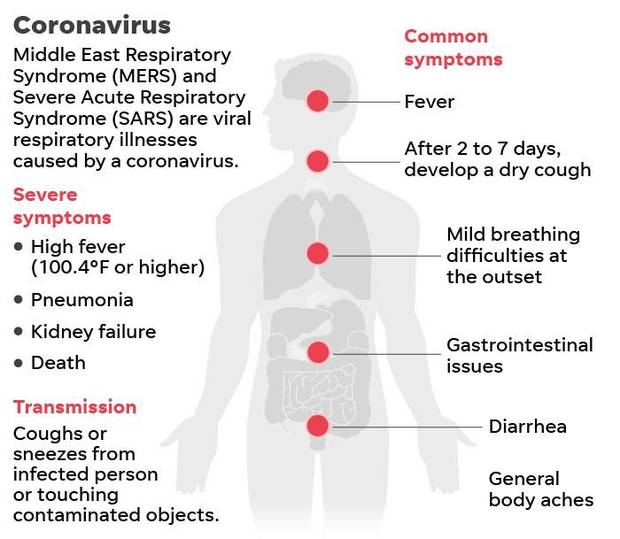
Has the Coronavirus reached Iran?
The outbreak of COVID-19 coincided with the Chinese New Year, a time when many expats return to China to visit family and friends. Even though the city of Wuhan was immediately quarantined and protective measures were taken across China, the virus has been able to spread worldwide.
Unfortunately, Iran is also among the countries where cases of coronavirus infection and death have been recorded. The first report of death caused by COVID-19 in Iran was announced on February 19, 2020, in the city of Qom.
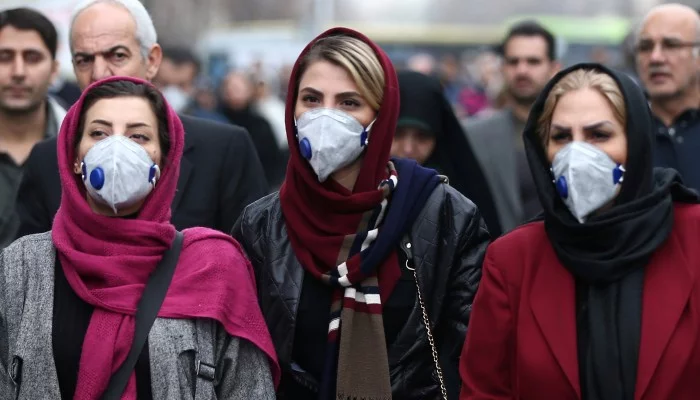
What are the Symptoms of Coronavirus?
The most common reported symptoms of the COVID-19 include fever, respiratory problems such as cough, shortness of breath or difficulty in breathing in general. The symptoms might vary from mild to severe depending on the person.
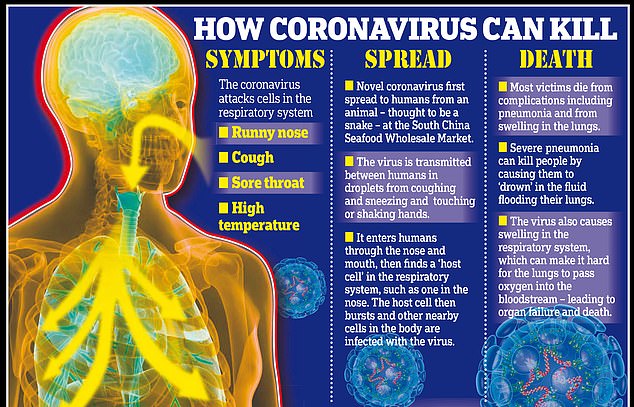
How dangerous is the coronavirus?
The threat posed by coronaviruses depends on the patient’s state of health. Many cases of infection by the virus have only resulted in a common cold. Even with COVID-19, many patients have only shown mild symptoms. But unfortunately, the cases of death reports have been remarkably high. Regrettably, as of this moment, no cures or medication for treating the illness have been developed.
The illness poses higher risks for people with a background of diabetic, cardiovascular, or lung diseases.
Ways to prevent the disease.
As with any other virus, the best way to prevent the illness is by increasing the body’s immune system and ability to fight viruses in the first place. Consuming daily amounts of vitamin C from natural sources is one of the most common ways of increasing the body’s strength.
In addition to this, it is very important to follow these directions:
- staying at home as much as possible;
- not going to public places;
- regular hand washing;
- avoiding contact of unwashed hands with eyes, nose, and mouth;
- covering the mouth and nose while sneezing or coughing;
- avoiding handshakes;
- Staying away from the person showing respiratory symptoms such as coughing or sneezing;
- sanitizing daily used items;
- cooking meat and eggs thoroughly.
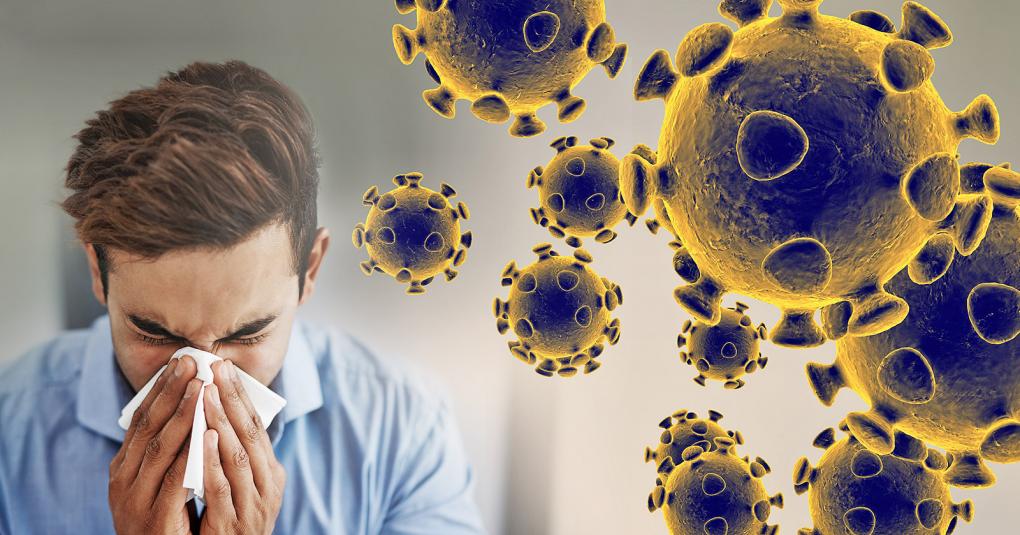
What to do in public places?
COVID-19 is an illness of public concern as it transmits from person to person. As such, it is better to avoid going to public places in the first place. But in case you can’t help it, it is important to:
- avoid touching your mouth, eyes, and nose with your hands;
- wear single-use latex gloves and throw them away after using once;
- wear a mask if you yourself have symptoms such as coughing and sneezing;
- avoid handshakes;
- avoid eating out;
- avoid people with respiratory symptoms;
- sanitize your personal belongings such as your phone or key once you get home;
- regularly wash your hands, for at least 20 seconds.
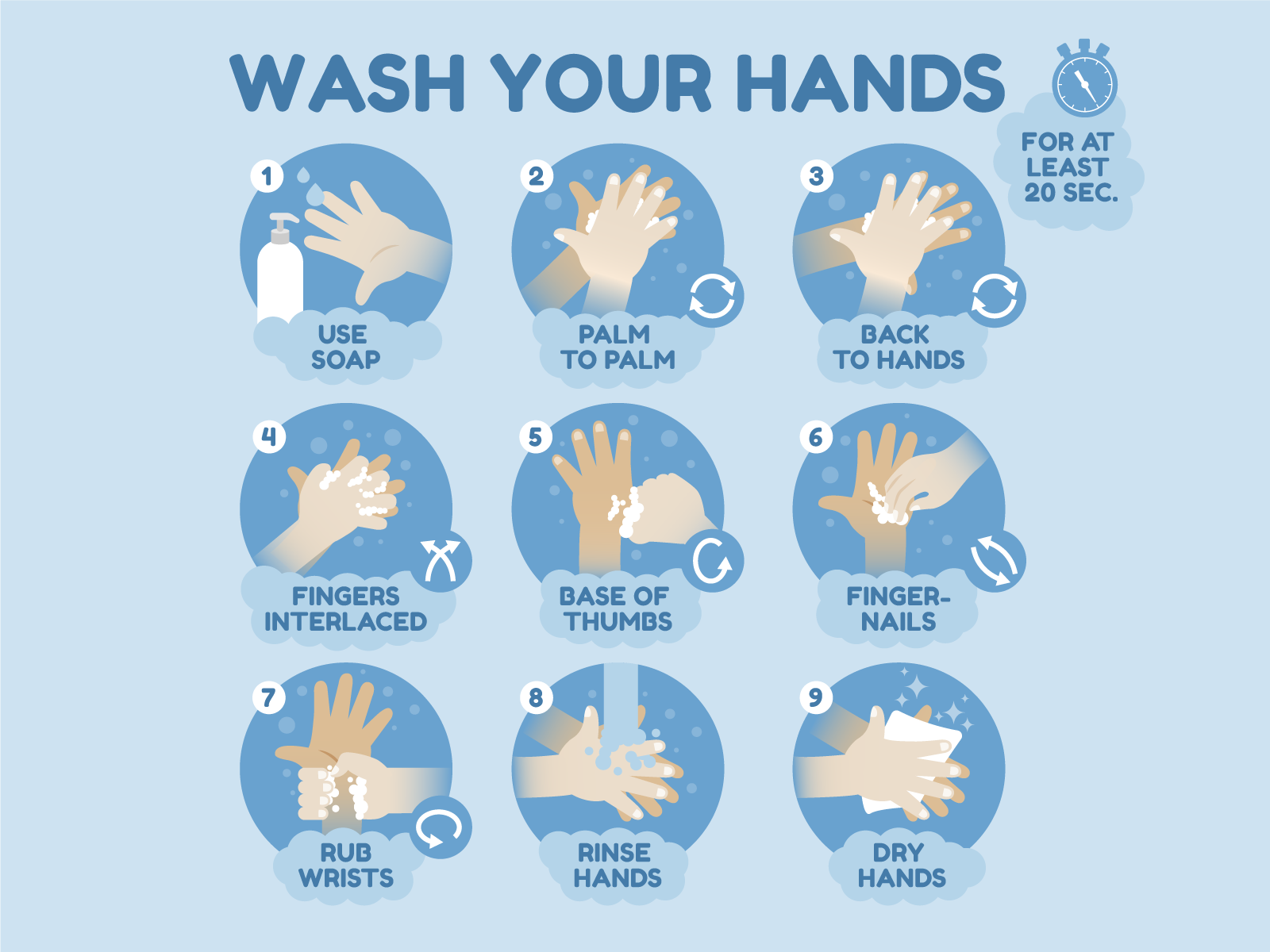
Latest news for people infected with coronavirus in Iran
Ever since the outbreak of the disease was officially announced in the country, 68 infections and 12 deaths have been reported. The government has shut down schools as a preventive measure. Public events such as concerts have been canceled and soccer games are being held in the absence of spectators in the stadiums. More importantly, the hospitals and public health facilities are in a state of emergency and some hospitals have been devised for quarantining patients. This is while the request for single-use masks and gloves, as well as instruments for personal sanitation and disinfection have soared among the people.
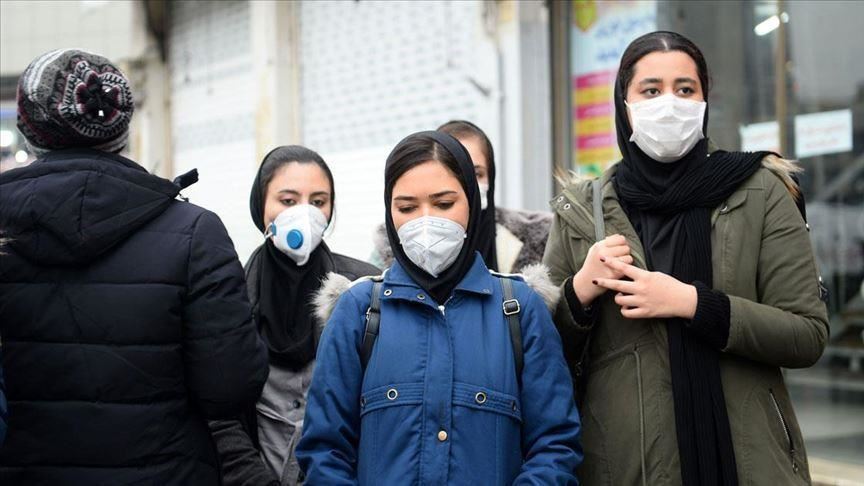
Safety tips
As mentioned above, the best way to stay safe from this virus is staying home or avoiding public places. In case it can’t be helped:
- Strengthen your body’s immune system by consuming fruits, especially those containing vitamin C.
- Use nutritional supplements in case you need them.
- Make sure not to touch your eyes, nose, and mouth with your unwashed hands.
- Cover your mouth and nose while coughing and sneezing.
- Avoid personal contact with people with symptoms like coughing and sneezing.
- Carry personal sanitizers with yourself.
- Regularly wash your hands with soap and preferably warm water.
- Avoid public transportation.
- Cover your mouth and nose with a single-use mask and change it every 3 hours.
- Use single-use latex gloves if you can’t help touching things in the public.
- Try not to eat out.
- Sanitize your shopping bags and purchases before sorting them out in the house.
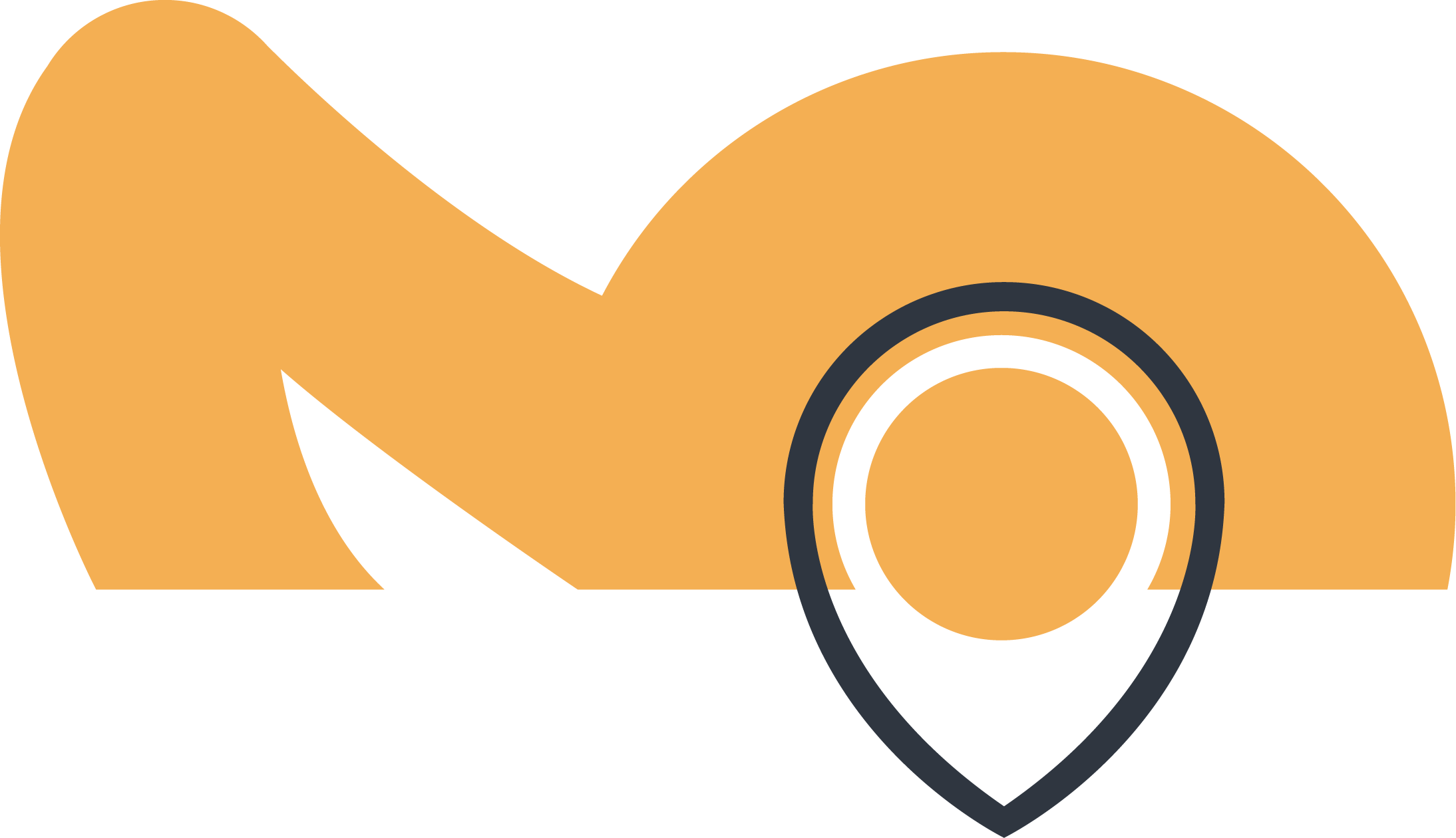
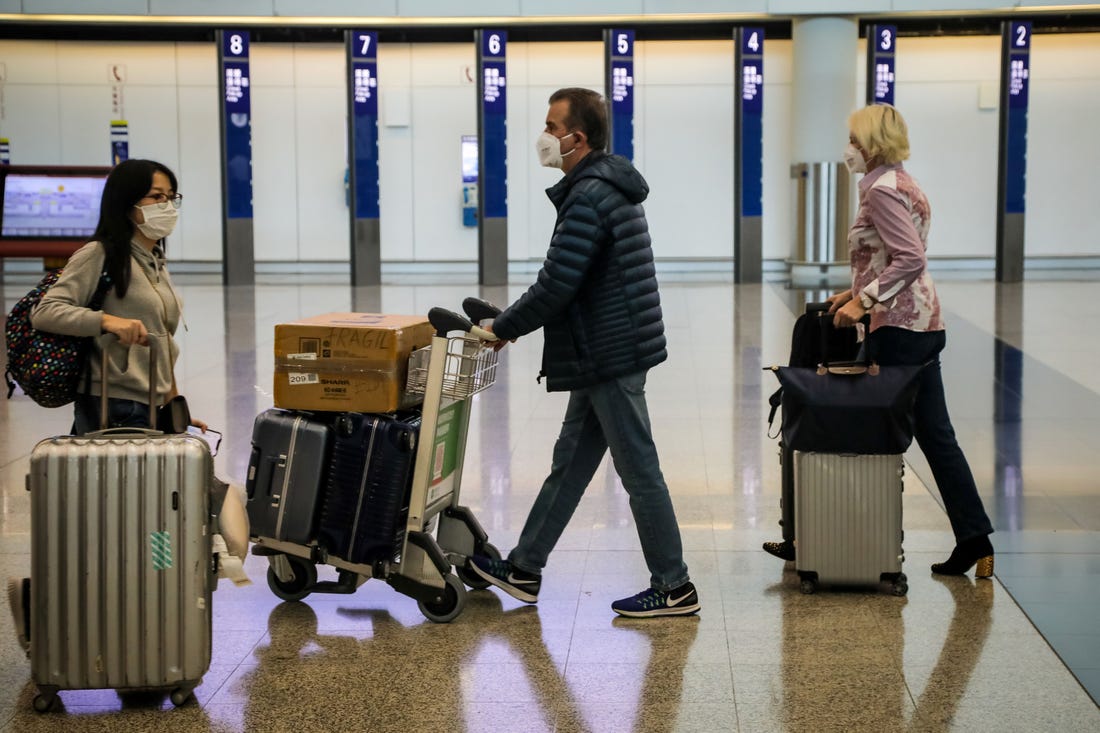

Comment (0)